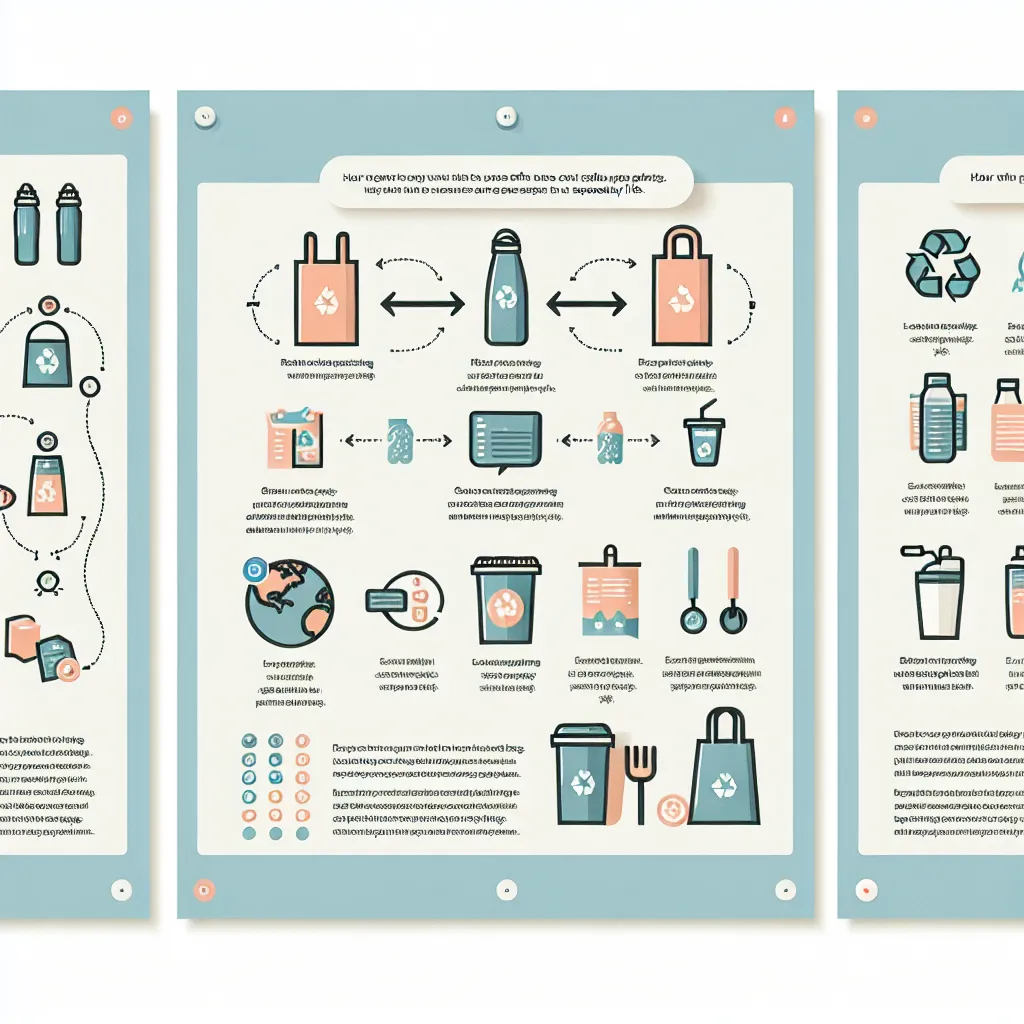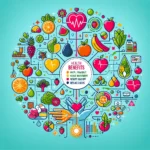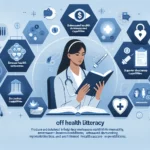The IELTS Reading section is a crucial component of the test, assessing your ability to comprehend complex texts and extract relevant information. Today, we’ll focus on a topic that has gained significant attention in recent years: reducing single-use plastics in daily life. This theme has appeared in several past IELTS exams and, given its ongoing relevance to environmental concerns, is likely to resurface in future tests.
 Reducing single-use plastics infographic
Reducing single-use plastics infographic
Reading Passage
Tackling the Plastic Problem: Strategies for Everyday Life
The ubiquity of single-use plastics in our daily lives has led to a global environmental crisis. From grocery bags to water bottles, these convenient but harmful items are choking our oceans, harming wildlife, and contributing to climate change. However, there are numerous ways individuals can make a significant impact by reducing their plastic footprint.
One of the most effective strategies is to invest in reusable alternatives. Cloth shopping bags, stainless steel water bottles, and glass food containers can replace their disposable counterparts, significantly reducing plastic waste. Many coffee shops now offer discounts to customers who bring their own reusable cups, providing both environmental and financial incentives.
Another approach is to be more mindful of packaging when shopping. Choosing products with minimal or recyclable packaging can make a substantial difference. Some stores now offer package-free options for items like grains, nuts, and cleaning products, allowing customers to fill their own containers.
In the bathroom, plastic-free alternatives are becoming increasingly available. Shampoo bars, bamboo toothbrushes, and refillable soap dispensers can replace traditional plastic-heavy products. These choices not only reduce plastic waste but often contain fewer harmful chemicals.
Restaurants and food delivery services are major sources of single-use plastics. When dining out or ordering in, individuals can request no plastic cutlery or straws. Some establishments have begun using biodegradable alternatives, but the best option is often to bring your own reusable utensils.
Community initiatives can also play a crucial role. Beach clean-ups, awareness campaigns, and lobbying for stricter regulations on single-use plastics can create wider societal change. Many cities and countries have already implemented bans on certain single-use plastic items, demonstrating the power of collective action.
While these individual actions may seem small, their cumulative effect can be substantial. By making conscious choices and encouraging others to do the same, we can significantly reduce the amount of plastic pollution entering our environment. The transition away from single-use plastics is not just about personal responsibility; it’s about creating a sustainable future for our planet.
Questions
True/False/Not Given
- Reusable shopping bags can help reduce plastic waste.
- All coffee shops offer discounts for customers with reusable cups.
- Package-free options for groceries are available in some stores.
- Plastic-free alternatives for personal care products often contain more harmful chemicals.
- Restaurants are legally required to provide biodegradable alternatives to plastic utensils.
Multiple Choice
-
Which of the following is NOT mentioned as a reusable alternative to single-use plastics?
A) Cloth shopping bags
B) Stainless steel water bottles
C) Plastic food containers
D) Glass food containers -
According to the passage, what can individuals do when dining out to reduce plastic waste?
A) Always choose restaurants with biodegradable packaging
B) Bring their own reusable utensils
C) Avoid eating at restaurants altogether
D) Only order food that doesn’t require utensils
Matching Headings
Match the following headings to the correct paragraphs in the passage. There are more headings than paragraphs, so you will not use all of them.
- Paragraph 2: __
- Paragraph 4: __
- Paragraph 6: __
Headings:
A) The importance of recycling plastics
B) Reusable alternatives to single-use plastics
C) The role of government in plastic reduction
D) Plastic-free options for personal care
E) The power of community action
F) The environmental impact of plastic production
Short Answer Questions
Answer the following questions using NO MORE THAN THREE WORDS from the passage for each answer.
- What type of toothbrush is mentioned as an alternative to plastic ones?
- What can people request when ordering food delivery to reduce plastic waste?
- What type of campaigns can help create wider societal change regarding plastic use?
Answers and Explanations
- True – The passage states, “Cloth shopping bags… can replace their disposable counterparts, significantly reducing plastic waste.”
- Not Given – The passage mentions that “Many coffee shops” offer discounts, but it doesn’t state that all do.
- True – The text says, “Some stores now offer package-free options for items like grains, nuts, and cleaning products.”
- False – The passage states that plastic-free alternatives “often contain fewer harmful chemicals.”
- Not Given – The passage mentions that some establishments use biodegradable alternatives, but doesn’t mention any legal requirements.
- C – Plastic food containers are not mentioned as a reusable alternative. The passage specifically mentions “glass food containers.”
- B – The passage states, “the best option is often to bring your own reusable utensils.”
- B – This paragraph focuses on reusable alternatives to single-use plastics.
- D – This paragraph discusses plastic-free options for personal care products.
- E – This paragraph talks about community initiatives and collective action.
- Bamboo
- No plastic cutlery
- Awareness campaigns
Common Mistakes
- Misinterpreting “Not Given” answers: Remember, if the information isn’t explicitly stated in the passage, it’s “Not Given,” even if it seems logical or likely.
- Overlooking key words: In question 6, for example, missing the word “NOT” could lead to an incorrect answer.
- Using more than the allowed number of words in short answer questions: Always adhere strictly to the word limit given.
Vocabulary
- Ubiquity (noun) – /juːˈbɪkwəti/ – the state of being everywhere
- Biodegradable (adjective) – /ˌbaɪəʊdɪˈɡreɪdəb(ə)l/ – capable of being decomposed by bacteria or other living organisms
- Cumulative (adjective) – /ˈkjuːmjələtɪv/ – increasing or growing by accumulation or successive additions
Grammar Focus
Pay attention to the use of present tense in the passage, particularly the present simple for stating facts and general truths. For example:
“Restaurants and food delivery services are major sources of single-use plastics.”
This sentence structure (Subject + be + complement) is commonly used to define or describe things in academic writing.
Tips for IELTS Reading Success
- Time management is crucial. Allocate your time wisely across all sections of the reading test.
- Read the questions before the passage to know what information to look for.
- Practice skimming and scanning techniques to quickly locate relevant information.
- Don’t spend too much time on one question. If you’re unsure, make an educated guess and move on.
- Pay attention to transition words and topic sentences to understand the passage structure.
- Improve your vocabulary regularly, focusing on academic and topic-specific words.
By practicing with passages like this one on reducing single-use plastics, you’ll become more familiar with the types of texts and questions that appear in the IELTS Reading test. Remember, consistent practice and developing effective reading strategies are key to achieving a high score in this section.
For more IELTS preparation resources, check out our articles on the benefits of a zero-waste lifestyle and how to reduce plastic pollution in oceans. These topics are closely related to today’s passage and can provide additional vocabulary and context for environmental themes in IELTS.


